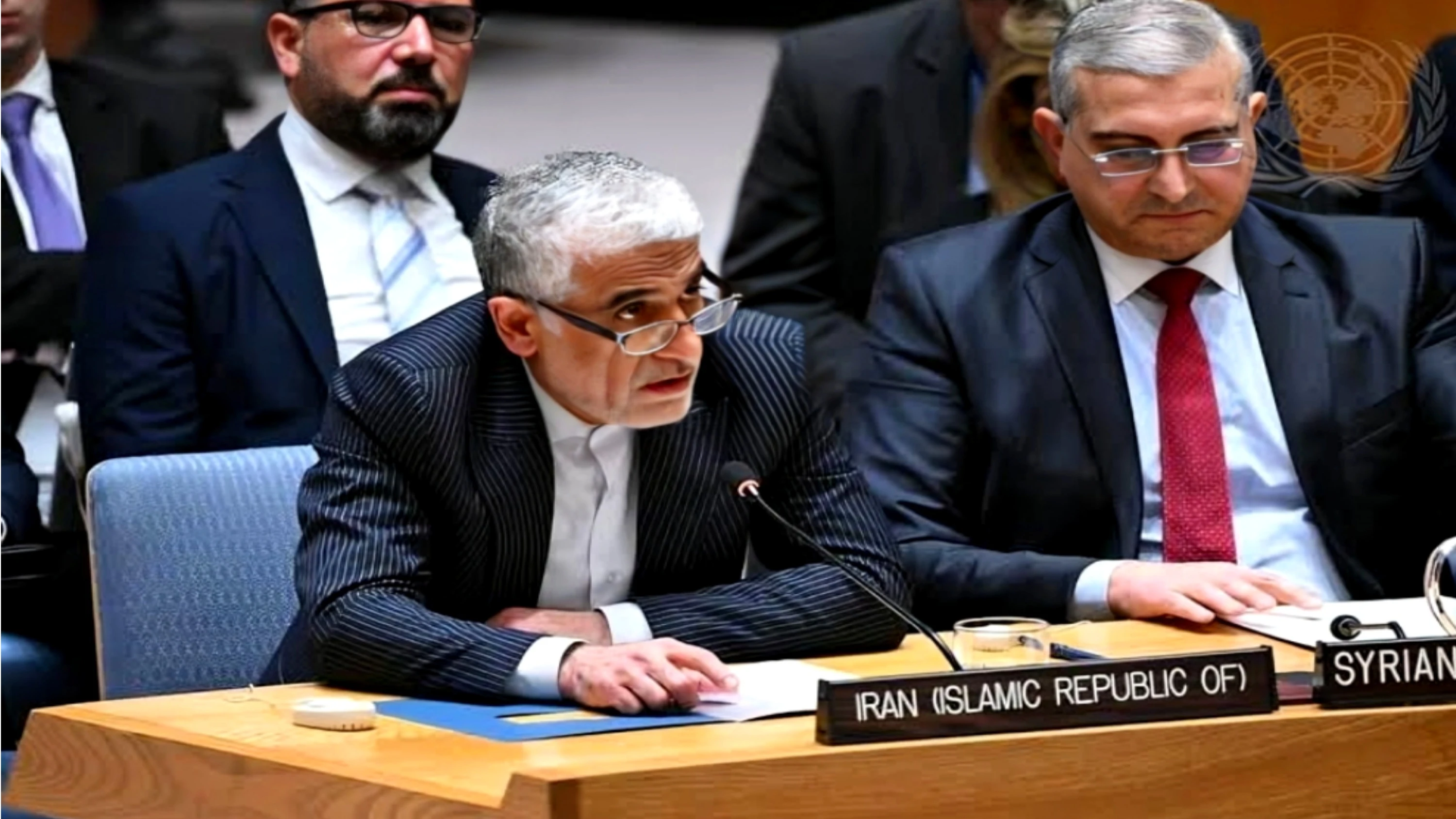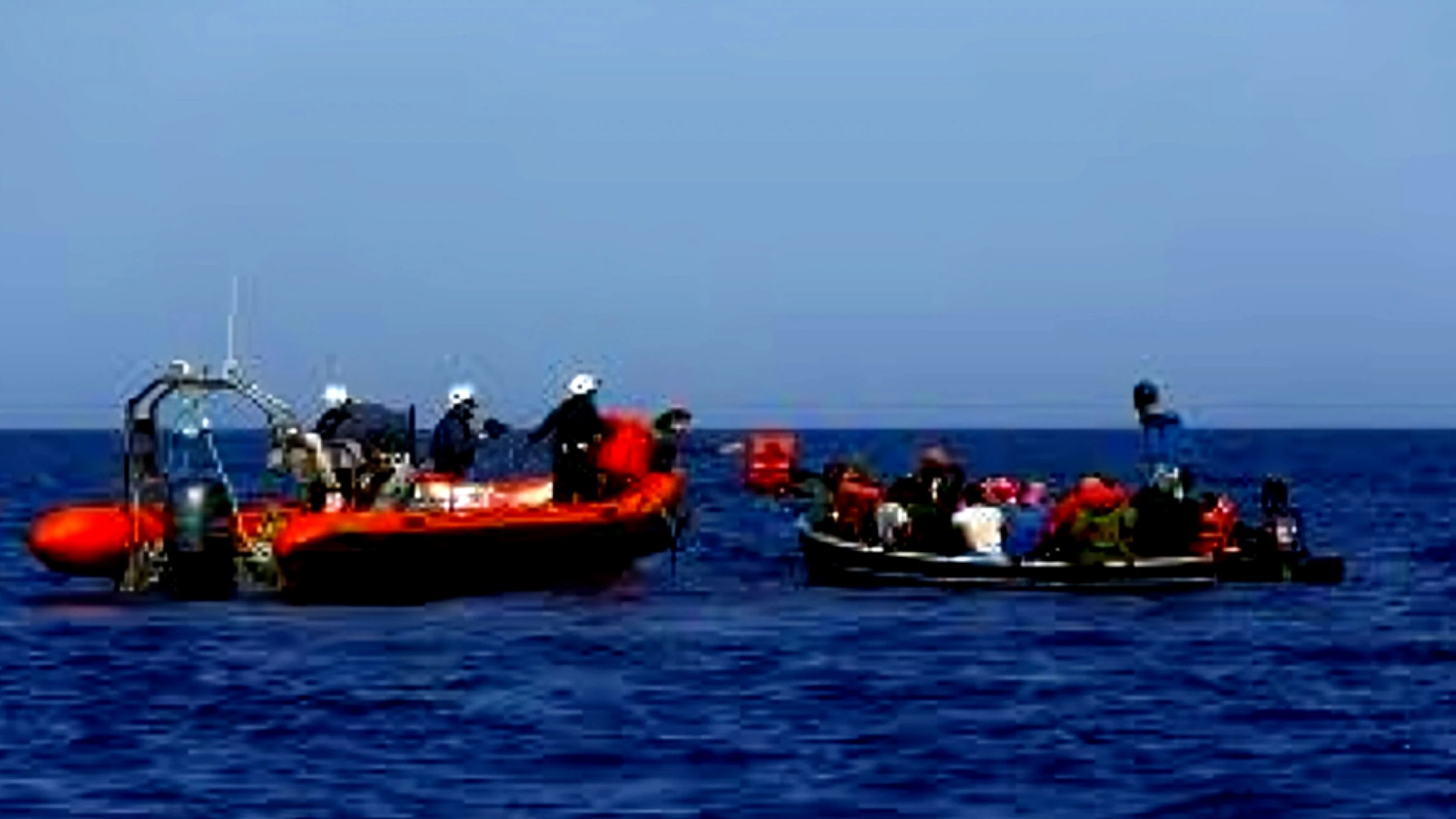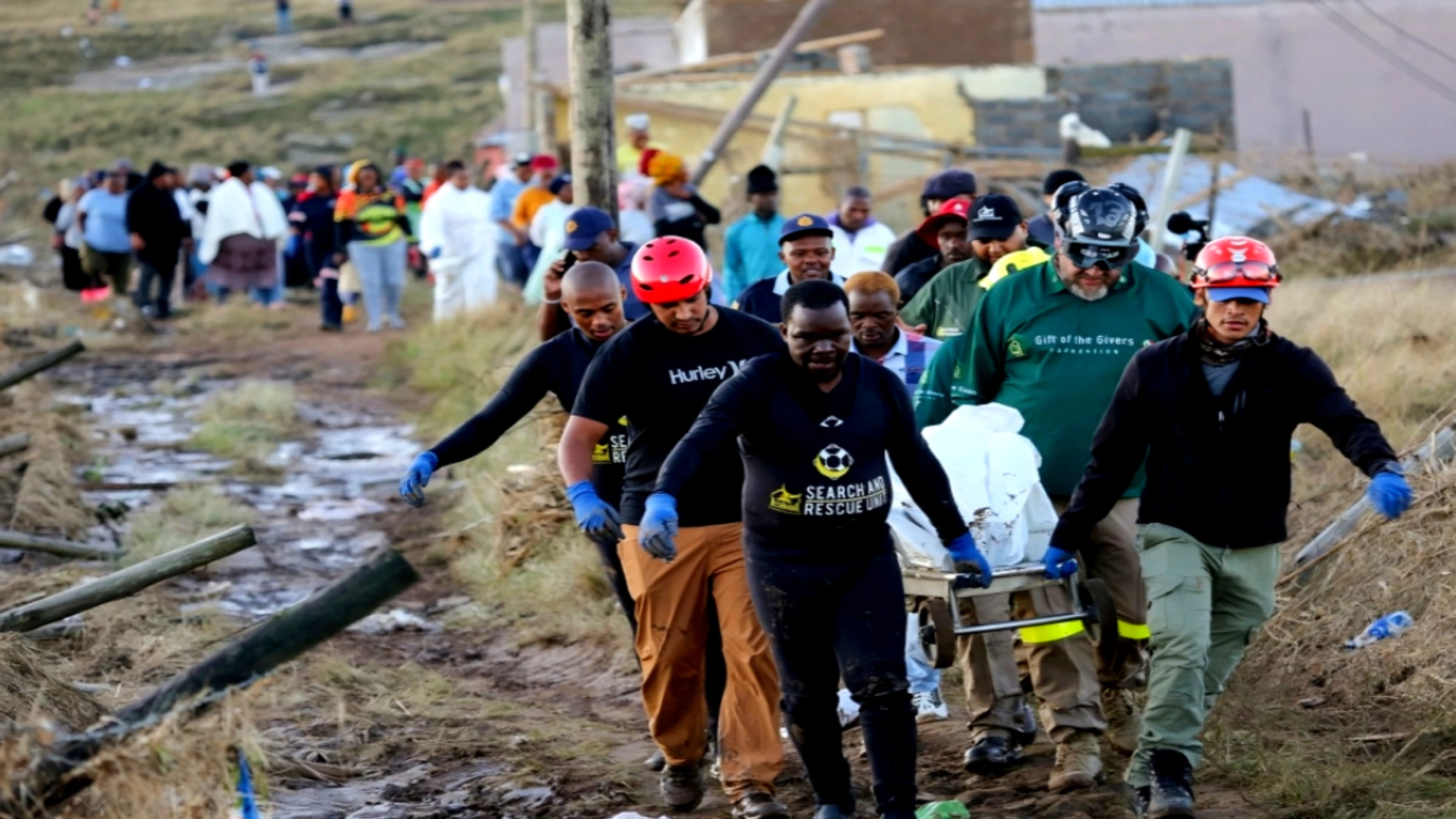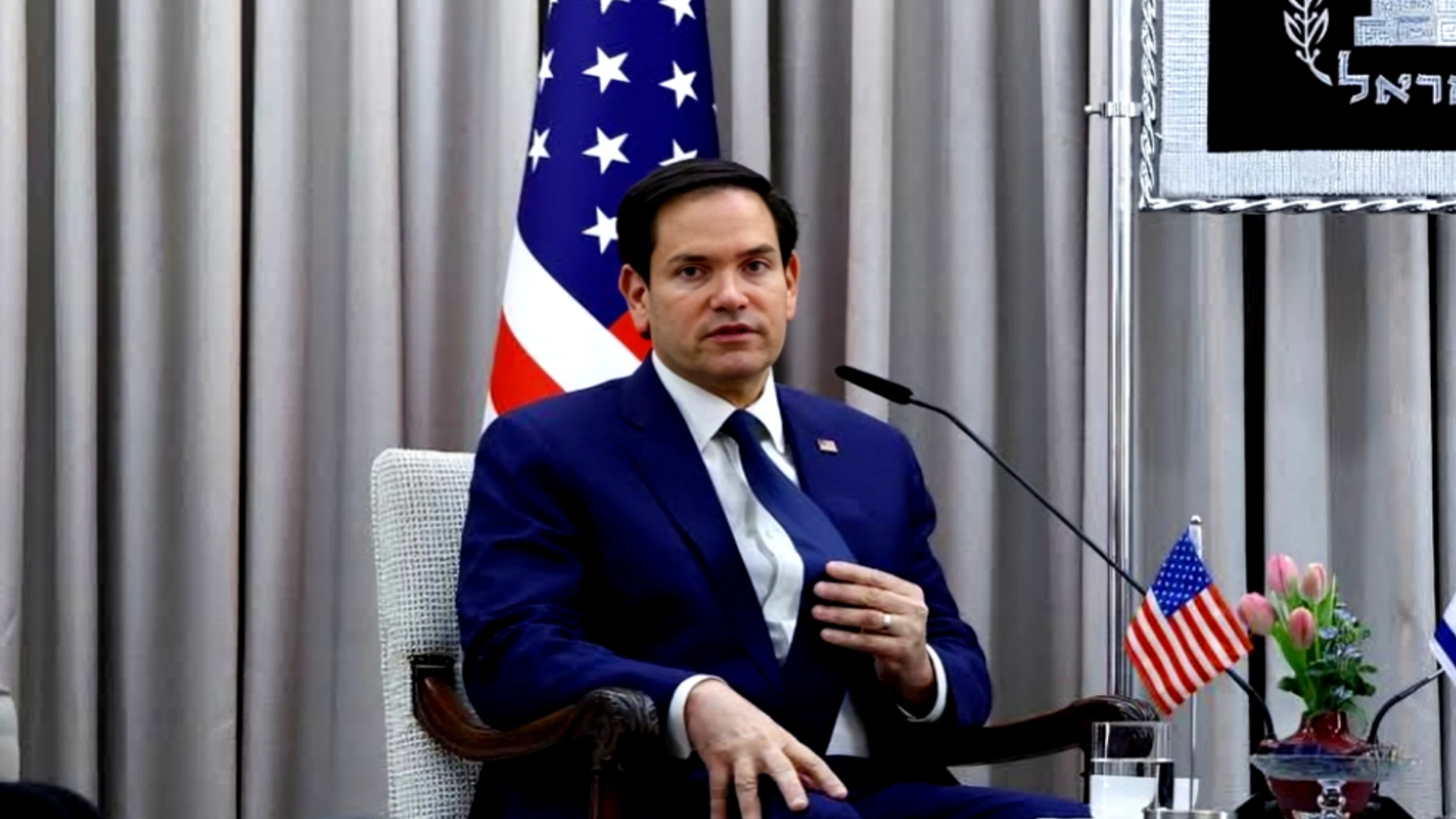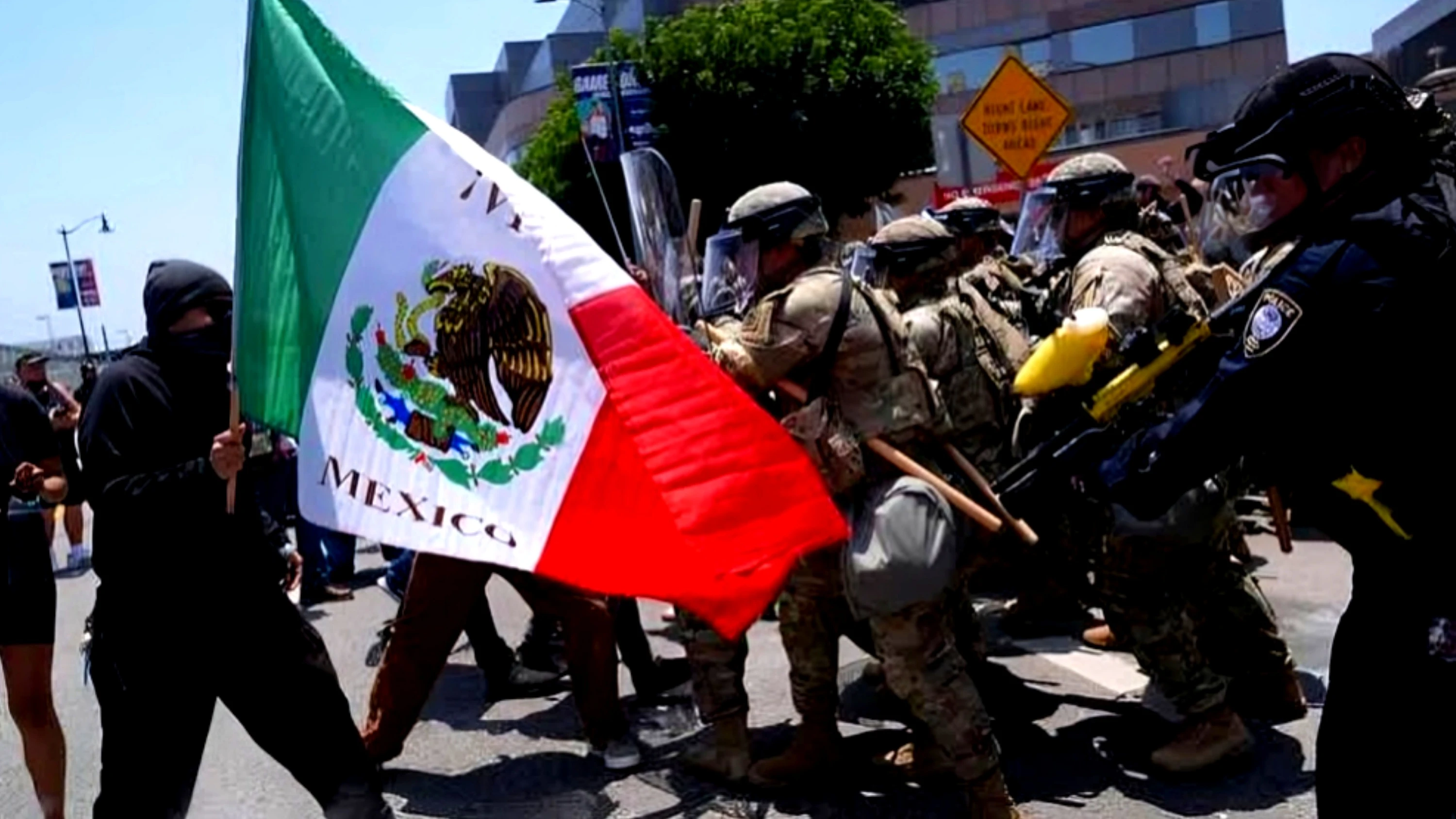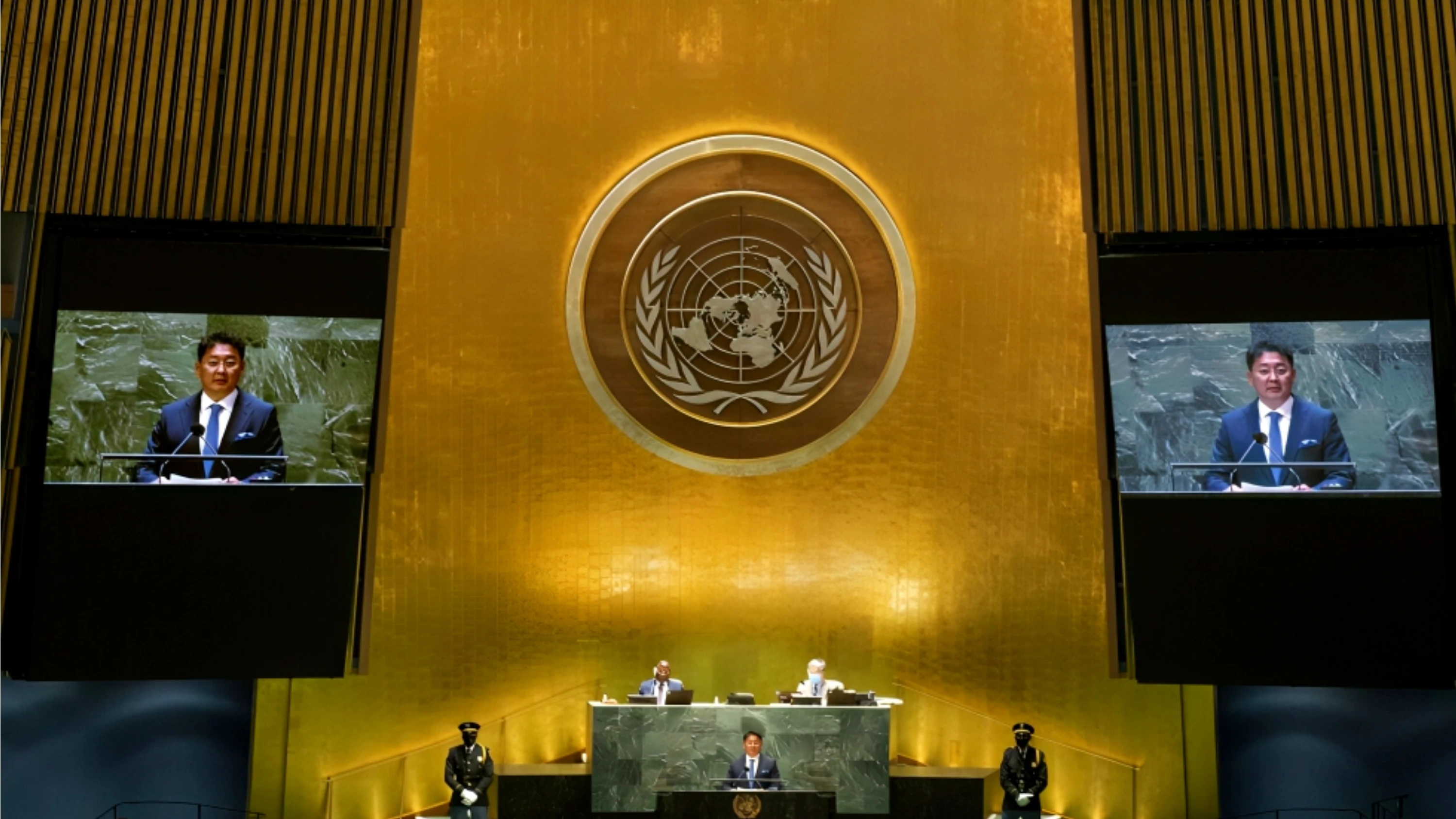New York: The United Nations Security Council held an emergency meeting to deal with the growing fight between Israel and Iran after Israel launched major airstrikes on Iranian nuclear facilities and military bases. The Israeli attack happened early Friday morning and reportedly killed more than 78 people, including high-ranking military officers and six nuclear scientists, while injuring over 300 others. Iran quickly fought back by firing ballistic missiles and drones at Israel, hitting military targets in Tel Aviv and other cities, killing at least three people and injuring dozens more.
Iranian military forces also said they shot down several Israeli spy drones flying over their northwestern Salmas region, calling this a violation of Iran's territory. Tehran's military said these drones were part of an Israeli spying mission during the rising tensions between the two countries.
The Security Council met to discuss the worsening situation and try to find peaceful solutions to stop the fighting. Iranian officials said that nuclear talks with the United States were now "meaningless" because of Israel's attack, and they accused America of being involved by staying silent. Iran's Foreign Ministry claimed that the attacks would not have happened without U.S. permission, and Iran's Supreme Leader Ayatollah Ali Khamenei warned that Israel "must expect severe punishment" for its actions.
Russia's representative at the UN, Vasily Nebenzia, strongly criticized Israel's airstrikes, calling them a "serious violation of the UN Charter and international law." He accused Israel of acting without consequences because Western countries support them, and said the strikes were meant to destroy nuclear negotiations on purpose. Nebenzia also warned about the danger of radioactive contamination from the attacked nuclear facilities and stressed that "no military solution can be legitimate or work."
China's Ambassador to the UN, Fu Cong, also condemned the Israeli strikes, calling them violations of Iran's sovereignty, security, and territorial integrity. Fu expressed serious concern about how Israel's military campaign would affect the stalled nuclear negotiations, urging Israel to "immediately stop all dangerous military actions." He confirmed China's opposition to "making contradictions worse and expanding conflicts," and stressed the need to keep diplomatic channels open for peaceful solutions.
Pakistan's Ambassador, Asim Iftikhar Ahmad, supported Iran's right to defend itself under Article 51 of the UN Charter and criticized Israel's repeated cross-border military actions in the region as destabilizing. He called for accountability and urged the Council not to allow Israel to act without consequences. Ahmad emphasized that the only realistic path forward was through diplomatic re-engagement and renewed nuclear negotiations.
The emergency session ended without any formal agreement, but representatives made a unified call for reducing tensions and returning to diplomacy. Several members expressed worry about the potential for a bigger regional war involving other countries and warned that continued military action could trigger irreversible consequences for global security.
The background to this crisis stems from years of tension between Israel and Iran over Iran's nuclear program. Israel believes Iran is trying to develop nuclear weapons that could threaten Israel's existence, while Iran claims its nuclear program is only for peaceful purposes like generating electricity. The conflict has been made worse by Iran's support for armed groups like Hamas and Hezbollah that fight against Israel.
The recent escalation represents a significant departure from previous limited confrontations between the two countries. The direct military strikes on nuclear facilities and the resulting casualties mark a dangerous new phase in their conflict. The killing of nuclear scientists is particularly significant because it directly targets Iran's ability to continue its nuclear program, as these individuals possessed specialized knowledge that takes years to develop.
The international response has been mixed, with some countries calling for restraint while others take sides. The United States has tried to distance itself from the Israeli strikes while also warning Iran not to attack American bases in the region. This delicate balancing act reflects the complex web of alliances and interests in the Middle East.
As the situation remains very tense, the international community is watching closely for signs of whether the fighting will continue or if diplomatic efforts can succeed in stopping further escalation. With nuclear diplomacy now suspended and both sides preparing for possible continued military action, efforts to bring stability to the region face serious challenges. The concern is that this conflict could spread to involve other countries in the region, potentially leading to a much larger and more destructive war.


